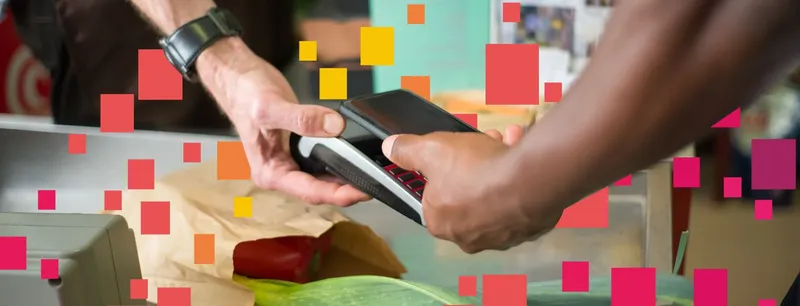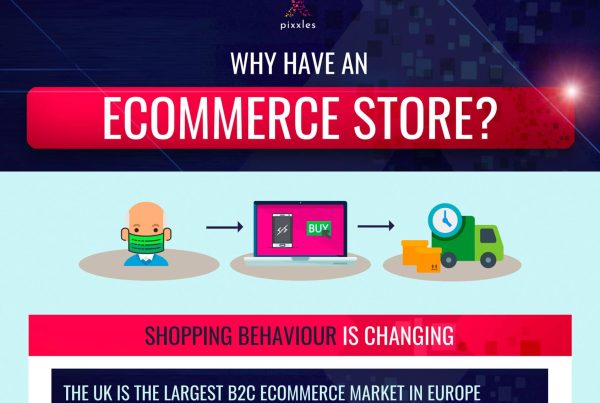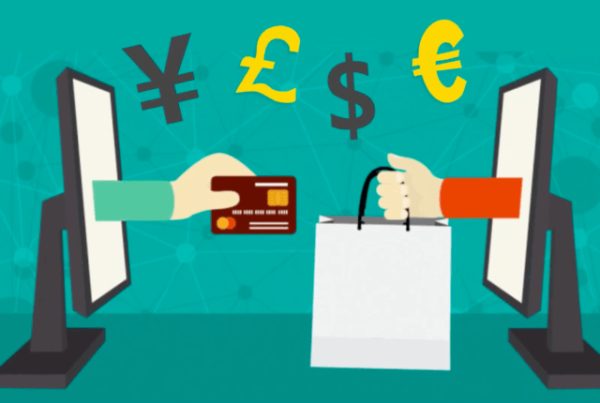Every single guide on safe online shopping will tell you to check for an SSL certificate and leave if you can’t find one. If you’re a retailer setting up an e-commerce store, one of the first things you’re told is to acquire an SSL certificate.
They’re ubiquitous, and you don’t need to know how they work to understand that they play a very important role in the online retail landscape.
In the following guide, we’ll take a deep dive into these certificates and tell you more about them, discussing how they assist with security & compliance and answering questions such as:
- What is “SSL”?
- Do all businesses need SSL certificates?
- How do they work?
- Are all SSL certificates the same?
- What type of SSL do I need for my business?
What is an SSL certificate?
SSL stands for Secure Sockets Layer. It is a digital certificate that creates a secure connection between a user and a website. It was first developed by Netscape in the mid-90s and was then replaced by Transport Layer Security (TLS), a revamped version. However, the “SSL” name stuck, and so it’s still in use today, even though the technology is actually TLS.
TLS can help to protect websites against data breaches and other cyber-attacks. It also protects users by encrypting all transmitted data and verifying that it has not been tampered with in any way.
Why do I need an SSL certificate?
Websites use SSL certificates to communicate with secure web servers. Most online businesses use these certificates to safeguard customer data and provide peace of mind, as many web users expect to see the padlock symbol (visible if the website is secured with an SSL) in their URL bar.
If you run a blog or content website, a basic SSL certificate should be considered. If you take payments, either as a service provider or e-commerce store, they are essential.
Not only do they keep customers safe, but they also ensure PCI compliance, serving as the first tier of customer security.
On a purely transactional level, securing your website with an SSL certificate means you are significantly more likely to convert leads into customers, as many modern consumers will turn their backs on a site that is not protected with an SSL.
How do SSL-encrypted payments work?
The technology behind SSL certificates is extremely advanced, but the process is far from complicated. It’s very simple and very quick, and it all happens in real time with no direct involvement from the web user.
Here’s what the process of connecting to an SSL certificate looks like:
Step One
A user connects to a secure website through their browser. If the browser recognises an SSL certificate then a process known as the SSL/TSL Handshake will begin.
Step Two
The browser checks the validity of the SSL certificate and makes sure the website has been properly authenticated and can therefore be trusted.
Step Three
A secure connection is created and a public key is exchanged. The public key is widely available and used to ensure that the data is encrypted, verified, and has not been tampered with.
Data that has been encrypted using the public key can only be decrypted with the private key. As the name suggests, this key should be kept private and not shared by the owner.
Step Four
Session keys are created. These keys are used to encrypt and decrypt all data during a single session. At this point, the public and private keys are no longer in use and both sides rely on the session keys. If a user closes the site and ends the session, only to restart again later, the process will repeat and new keys will be created.
Step Five
The user’s browser and the web server can now share encrypted data over a secure channel. The data shared through this channel is less vulnerable to attacks and interceptions, thus facilitating the safe exchange of information, including a user’s log-in details and payment information.
Work with a trusted payment processor like Pixxles
SSL certificates are an essential first step in protecting your e-commerce store and safeguarding your customers, but they are just one piece of the puzzle. They can’t do all of the work in protecting your users/customers and their details.
You also need to work with a trusted payment processor, one that can provide the guarantees that you and your customers need.
That’s where we come in.
Pixxles is authorised by the Financial Conduct Authority (FCA), so we don’t rely on countless third-party operators like other payment providers. We are accountable to our customers and the regulator, and that allows us to provide state-of-the-art payment solutions at affordable prices.
We are transparent, dedicated, and direct. Learn more in our Why Pixxles guide or apply today to see what we can do for your business.
SSL FAQs
Are all SSL certificates the same?
There are several different types of SSL certificates, but while they vary with regard to cost, verification methods, and suitability, they all use the same cryptographic protocol.
The most basic type is Domain Validation (DV), and it is often found on blogs and news sites. Business Validation (BV) and Extended Validation (EV) are the more advanced options. Both of these involve additional verification steps, with the authoriser validating the business’s credentials and confirming it is operating in good faith.
BV and EV provide customers with more peace of mind.
What type of SSL do I need for my business?
It depends on the type of business you’re running. If it’s an e-commerce site, you should look into EV. If you’re running a basic website with log-in capabilities, check BV certificates. DV is sufficient for simple content websites that don’t store, handle, or transmit sensitive user data.
If you opt for an EV, be prepared to pay a little extra and jump through additional hoops. You may also need to wait longer for the certificate to be validated.
Which industry uses the most SSL certificates?
This is not an easy question to answer, as SSL certificates are widespread across all industries, and they are becoming more common with each passing year.
There was a time when SSL certificates were pretty much limited to financial and e-commerce websites. These days, however, they are everywhere. Not only are web users less trusting of sites that don’t have SSLs, but many web browsers will actually flag these sites as “not secure”.
Do I need an SSL?
SSL certificates are important considerations for all digital organisations. Whether you’re processing highly sensitive information like names, addresses, and payment details, or simply offering users a chance to log in and post comments, you can benefit from using an SSL. They are also fairly cheap and easy to install, which is why most experts recommend finding room in your budget for an SSL certificate.
How do I know if the website I’m using is secure?
If a site’s URL begins with “HTTPS” and not “HTTP”, it is secured with an SSL. It will also display a padlock symbol before the web address. There are other elements involved with securing a website and its transactions, but this is one of the fundamentals.








